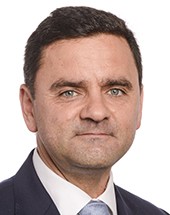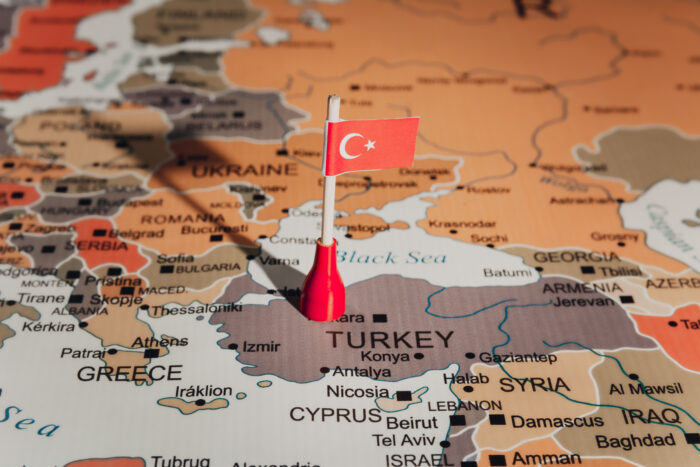The Progressive Post
A stronger EU in the global arena
The latest European Council held important discussions on democracy and fundamental rights, both within and outside the EU borders. Within these borders, the main topic was LGBTQI+ rights in Hungary. The criminalisation of human rights is unacceptable in any part of the globe. Doing it in an EU member state is intolerable.
It is clear that the recently approved law in Hungary goes against the Charter of Fundamental Rights of the European Union, which explicitly prohibits any discrimination based on sexual orientation. Hungarian authorities are well aware of it and this episode does not come as a surprise. Over the last years, the Hungarian government has systematically breached the rule of law and attacked democratic values and minorities.
The good news is that there is now a growing unity in the European institutions against this behaviour. Viktor Orbán was directly confronted in the European Council with the incompatibility of the new legislation with European values. Shielded by his EPP-membership during the past decade, he had become confident that the EU would oppose no consequences to Hungary’s ongoing wreckage of fundamental rights, and he had gradually strengthened his illiberal reign. Having left the EPP recently, it is now for him to learn that the EU does not accept such policies.
On the external dimension, Belarus, Russia and Turkey remain of great concern.
The EU reacted to the hijacking of a Ryanair flight to arrest a journalist by the Belarusian government condemned it strongly. Now, unless the government in Minsk ends the repression of civil society and independent media, political pressure and sanctions must be maintained and eventually reinforced.
Regarding Russia, besides its increasing autocratic practices, its expansionist and aggressive interference policy poses security challenges for the EU and other countries, and not only for those in its neighbourhood.
Turkey’s government attacks on media, political parties and women’s rights are also very worrisome. On top of that, Turkey shows that it is growingly confident to intervene in what it considers its geographical sphere of influence. Even when those interventions are divergent from, or even clash with, other NATO members. These examples illustrate a new global landscape. The world is increasingly multipolar, with big and regional powers openly fighting for their interests.
Against this background, the EU must be united and act decisively.
The new US administration brought a new outlook for the functioning of multilateral solutions and institutions, which were systematically undermined ‘during the previous presidency’. In this scenario, the EU must act at the global level towards the reform of the multilateral system, strengthening the role of the UN and other multilateral organisations.
Promoting a stronger role for the Union in the global multilateral system will require changes in the decision-making of the EU: introducing a qualified majority in foreign and security policy decisions, and ensuring a single voice in multilateral fora are essential to overcome the systematic impediments that prevent Europe from having a decisive position. And it is proven that the current system does not allow the EU to assume the role it should have, in foreign and security policy.
It is time to have the courage to change this!





